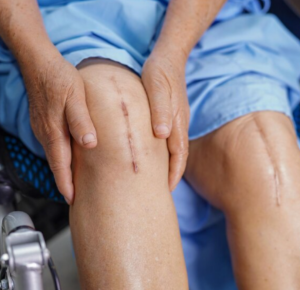We’ve got a ton of medicines for rare diseases and medical conditions. But mental conditions are now becoming gravely important for the medical industry to focus on. That’s why researchers conduct clinical trials for mental health conditions. These trials can involve groundbreaking medicines or out-of-the-box treatment options.
These trials are slightly different than the regular trials for physical health conditions. The researchers have to take care of a few aspects while conducting these trials. If you are curious, then you will find every bit of information about mental health clinical trials.
Process of Mental Health Clinical Trials
This is one of the most difficult parts for the researchers, as finding people with mental health conditions is quite different. The researchers have to connect with fellow doctors from nearby locations and then recruit the patients. As the patients might not be in sound mental health, the researchers take informed consent from the immediate relatives. There are numerous legal and moral etiquettes that the researchers have to follow.
Related Posts:
● SanBio Wins Approval for Akuugo as Chronic TBI Treatment Jemperli Expands
● Approval to All Adult Endometrial Cancer Patients
● AI-Empowered Immunotherapy Partnership: A Transformative Leap in Cancer Care
The actual trial will begin after the patient recruitment and informed consent process. The trial is quite different as the researchers have to care for patients with mental conditions. Specialized medicines or sophisticated treatment protocols can be used. Depending on the method, the researchers monitor the patients and make the necessary adjustments in the treatment.
#3 – Data Collection and Analysis
The most important part of any clinical trial is data collection and analysis. In these trials, researchers can collect all sorts of pathological and observational data. This is essential to understanding the progress or side effects of medicines or treatment methods. Once the data is collected, the researchers use AI and Big data tools to analyse it and generate the conclusion report.
The final step is to get approval from the regulatory authorities. The authorities need the data collected throughout the trials. The researchers will provide the data, and the authorities will confirm the results and then approve the drug or treatment options.
Clinical trials for mental health conditions are surely different, and the researchers have to take numerous precautions. Fortunately, they help us with groundbreaking medicines or treatment options to treat these conditions effectively. In this post, we tried our best to share everything about mental health clinical trials.



